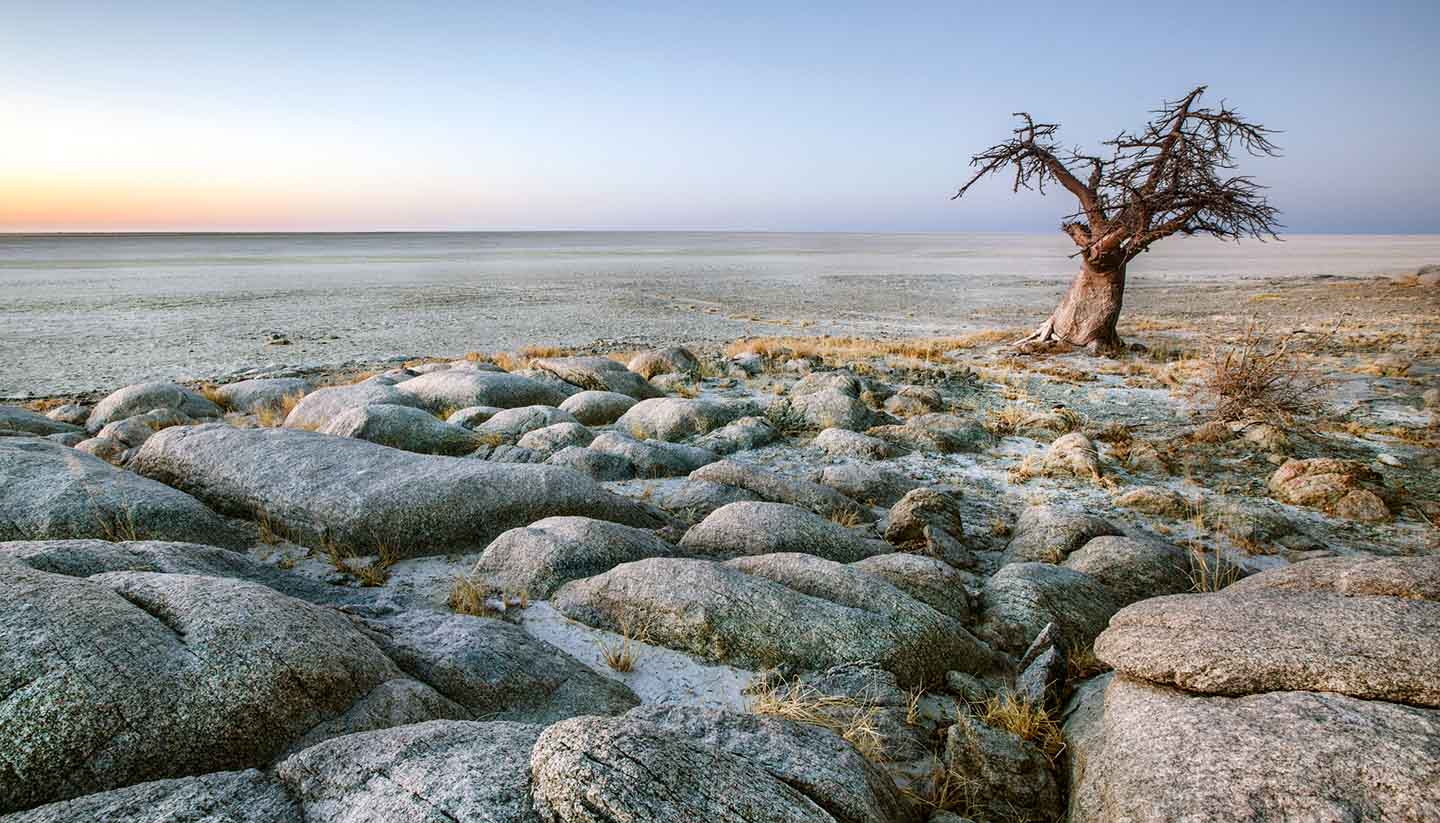Botswana: Doing business and staying in touch
Doing Business in Botswana
Business culture in Botswana is generally formal but friendly, with a strong emphasis on respect, politeness, and relationship-building. Personal interaction plays an important role, and it's common to begin meetings with a few minutes of informal conversation before getting down to business.
Greetings are important. A firm handshake, often accompanied by eye contact and a warm "Dumela" (hello), is the standard. In more traditional or rural settings, people may use both hands when shaking hands or lightly touch the elbow with the left hand as a sign of respect.
Punctuality is appreciated, especially in formal or corporate settings, although meetings may not always start on time. Patience and flexibility are helpful, particularly when working across public and private sectors.
Dress is typically conservative. Business attire is the norm for meetings—suits for men, and modest dresses or skirts and blouses for women. In rural areas or for fieldwork, smart-casual dress is acceptable.
Decision-making can be a collective process, and hierarchies are respected. It's advisable to address senior individuals with appropriate titles (Mr, Mrs, Dr, etc.) unless invited to do otherwise. Avoid being overly direct, as subtlety and diplomacy are valued in communication.
Business cards are exchanged but not ritualised. When offered one, it's polite to take a moment to look at it before putting it away respectfully.
Office Hours
Mon-Fri 08:00-17:00.
Economy
Botswana has long been considered one of Africa's economic success stories. Since gaining independence in 1966, the country has achieved impressive growth and stability, thanks to prudent governance, sound fiscal policies, and the strategic use of natural resources—particularly diamonds.
Mining is a key pillar of the economy, with diamonds accounting for around 80% of export earnings. Botswana is one of the world's top producers of gem-quality diamonds, and the sector is closely managed in partnership with international firms, including De Beers.
In recent years, the government has made deliberate efforts to diversify the economy beyond mining. Sectors such as tourism, agriculture, and financial services have been actively promoted, with tourism—especially high-end eco-tourism—becoming an increasingly important contributor to GDP.
Thanks to political stability, low levels of corruption and a strong legal framework, Botswana enjoys one of the highest sovereign credit ratings in Africa. It is also a member of the Southern African Development Community (SADC), which supports regional trade and cooperation.
Despite its achievements, Botswana still faces challenges, including a relatively small population, income inequality, and high unemployment—particularly among youth. Nonetheless, the country's long-term development plans focus on building a knowledge-based economy and increasing investment in infrastructure, education, and innovation.
GDP
US$19.97 billion (2024).
Main exports
Diamonds, copper, nickel, beef, and soda ash.
Main imports
Fuel, machinery, vehicles, food products, and electronics.
Main trading partners
South Africa, United Arab Emirates, Belgium, India, and China.
Keeping in Touch in Botswana
Mobile Phone
Mobile phone coverage in Botswana is generally good in cities, towns, and major tourist areas, though it can be limited or non-existent in remote regions such as the Central Kalahari or deep within national parks. Main mobile network providers are Mascom, Orange Botswana, and BTC Mobile. All offer prepaid SIM cards that are widely available at airports, shopping malls, supermarkets, and mobile shops.
To purchase a SIM card, visitors will need to present their passport for registration. Coverage and data speeds are usually reliable in populated areas, with 3G and 4G networks common in towns. Some lodges and camps in remote areas may have Wi-Fi, satellite phone services, or limited reception, but mobile signals should not be relied upon during safaris or in the wilderness.
Prepaid airtime and data bundles are easy to top up via scratch cards, mobile apps, or at retail outlets. Roaming is possible with international SIM cards, but charges can be high, so using a local SIM is often more cost-effective for extended stays.
Internet
Wi-Fi is widely available in Botswana's urban centres and tourist hubs. Most hotels, lodges, guesthouses, and safari camps offer internet access, although the quality and speed can vary. In cities like Gaborone and Francistown, many cafés, restaurants, and shopping malls provide free or paid Wi-Fi to customers.
In more remote areas—particularly within national parks, the Okavango Delta, and other wilderness regions—Wi-Fi may be limited, slow, or entirely unavailable. Some high-end lodges offer satellite-based connections, but access is often restricted to common areas and may not support high-bandwidth activities like video streaming or large downloads.
Media
Botswana has a relatively open and diverse media environment, particularly by regional standards. The country has both state-owned and privately owned media outlets, with radio being the most widely consumed source of information. Radio Botswana, the state broadcaster, operates alongside several independent and community radio stations offering programming in English and Setswana.
There are several newspapers and news websites in circulation, including government-run publications and privately owned outlets. English is the primary language used in print and digital media. While criticism of the government is tolerated to some extent, state media tends to reflect official positions, and journalists sometimes face pressure when covering sensitive topics.
Television access is widespread in urban areas, with the main local broadcaster being Botswana Television (BTV). Satellite and digital TV services are also available, offering international news channels and entertainment networks. For up-to-date international news, many locals and visitors rely on online platforms or mobile apps.
Internet usage continues to grow, especially in urban centres. Social media platforms such as Facebook, WhatsApp, Instagram, and X (formerly Twitter) are widely used for communication and news sharing. Visitors can generally access international news websites and streaming services without restriction.


